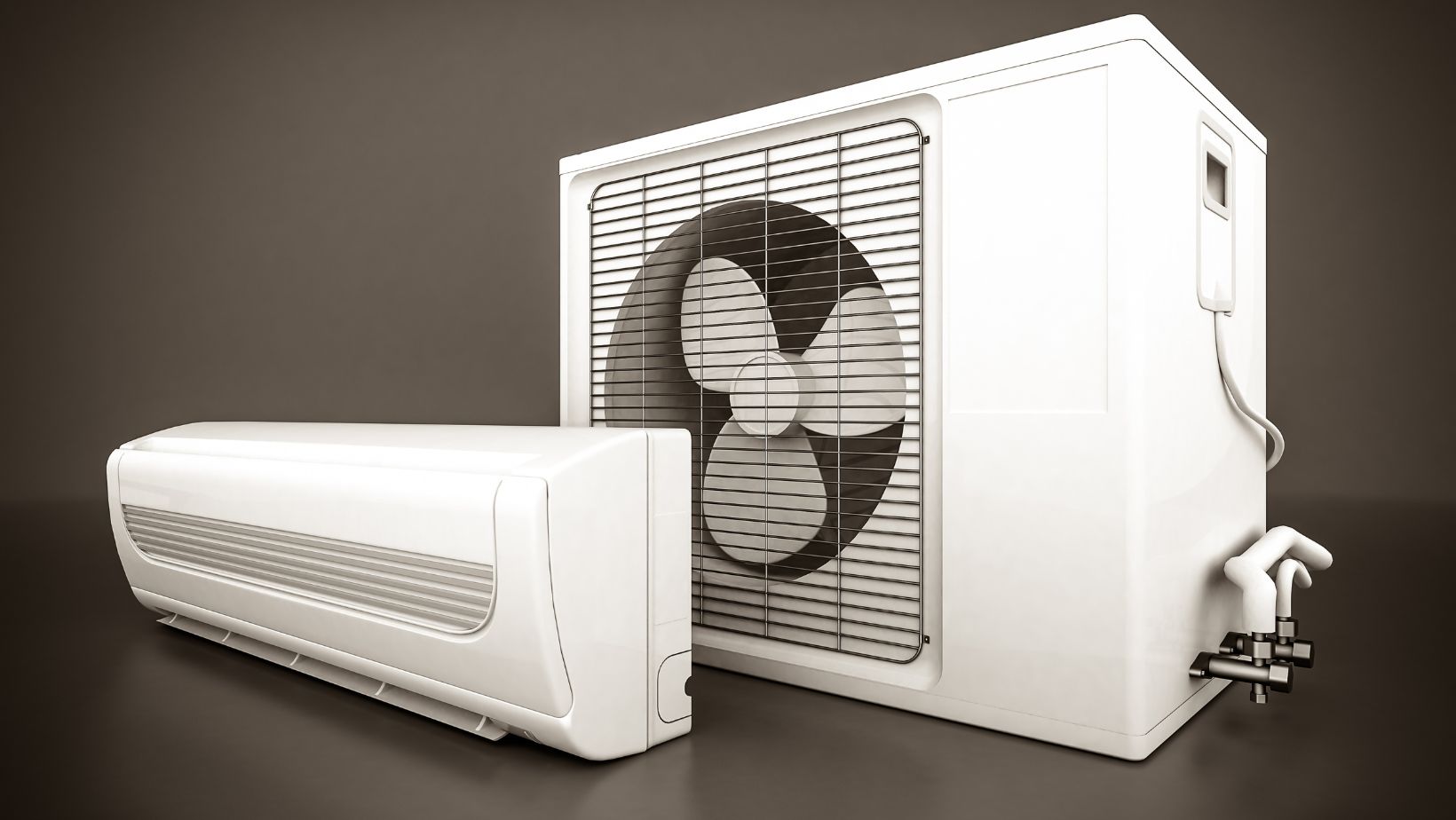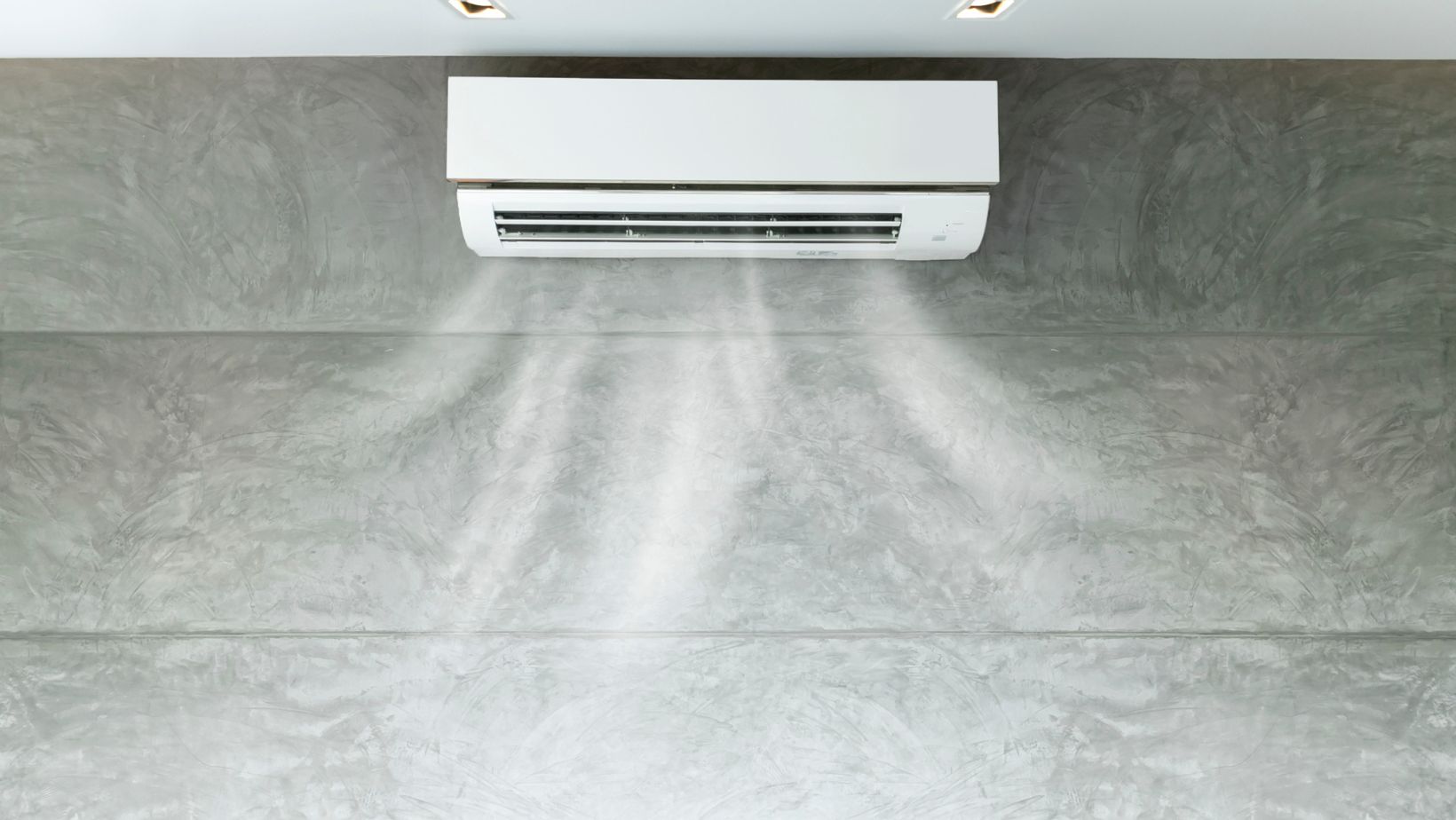Table of Contents
ToggleAir Conditioning Unit For Garage
Wondering how to keep your garage cool during those scorching summer months? Look no further than an air conditioning unit for your garage. This practical addition can help create a comfortable working environment, allowing you to tackle projects or simply unwind in a cool space.
An air conditioning unit designed specifically for garages offers several advantages. Firstly, it helps regulate the temperature and humidity levels, preventing any damage to tools, equipment, or stored items that might be sensitive to extreme heat or moisture. Secondly, it provides a more pleasant atmosphere for you to work in, enhancing productivity and focus. Additionally, an air conditioner can also improve indoor air quality by filtering out dust and allergens.
Choosing the Right Air Conditioning Unit for Your Garage
When it comes to selecting the perfect air conditioning unit for your garage, there are a few key factors to consider. The right unit can make a significant difference in keeping your garage cool and comfortable during those hot summer months or any time of the year. Here are some important points to keep in mind as you navigate through the options:
- Size of the Garage: The size of your garage plays a crucial role in determining the appropriate air conditioning unit. A larger space will require a more powerful cooling system to effectively circulate air and maintain consistent temperature levels. On the other hand, if you have a smaller garage, an oversized unit may lead to unnecessary energy consumption and higher utility bills.
- Insulation: Take into account the level of insulation in your garage. Proper insulation helps retain cool air and prevent heat from seeping in from outside. If your garage lacks adequate insulation, you may need to invest in additional measures such as weatherstripping or insulating panels to maximize the efficiency of your chosen air conditioning unit.
- BTU Capacity: British Thermal Units (BTUs) measure an air conditioner’s cooling capacity. It’s essential to determine how many BTUs are needed based on your garage’s square footage and insulation quality. A general rule is that each square foot requires around 20-30 BTUs for efficient cooling.
- Portable or Wall-Mounted Units: Consider whether a portable or wall-mounted air conditioning unit is more suitable for your needs. Portable units offer flexibility as they can be moved around easily, but they may require venting through a window or door opening. Wall-mounted units provide permanent installation with less obstruction but may require professional help during setup.
- Energy Efficiency: Opting for an energy-efficient model not only benefits the environment but also saves you money in the long run by reducing electricity costs. Look for units with high Energy Efficiency Ratio (EER) ratings or those labeled with the Energy Star logo. These units are designed to consume less energy while delivering optimal cooling performance.
Remember, finding the right air conditioning unit for your garage requires careful consideration of the size, insulation, BTU capacity, type of unit, and energy efficiency. By taking these factors into account, you can ensure a comfortable and enjoyable environment in your garage throughout the year.

Considerations for Garage Size and Insulation
When it comes to choosing an air conditioning unit for your garage, one important factor to consider is the size of your garage. The size of the space will determine the cooling capacity needed to effectively cool the area. Here are a few key points to keep in mind:
- Measure your garage: Before selecting an air conditioner, measure the square footage of your garage. This will help you determine the appropriate cooling capacity required. You can use a tape measure or consult with a professional if needed.
- Calculate BTU requirements: Once you have measured your garage, calculate the British Thermal Units (BTUs) needed to cool the space properly. As a general guideline, multiply the square footage by 20 BTUs for efficient cooling. For example, if your garage measures 400 square feet, you’ll need an AC unit with around 8,000 BTUs.
- Consider insulation: Another crucial consideration is the insulation level in your garage. Proper insulation helps maintain a consistent temperature and prevents heat loss or gain through walls and ceilings. If your garage lacks adequate insulation, it may require a higher cooling capacity to compensate for potential energy inefficiencies.
- Assess ventilation options: Evaluate the ventilation options available in your garage as they can impact airflow and overall cooling efficiency. Good ventilation helps circulate cool air throughout the space and expel hot air more effectively.
Remember that these considerations serve as general guidelines when selecting an air conditioning unit for your garage’s specific needs. It’s always recommended to consult with professionals or seek expert advice based on individual circumstances.





